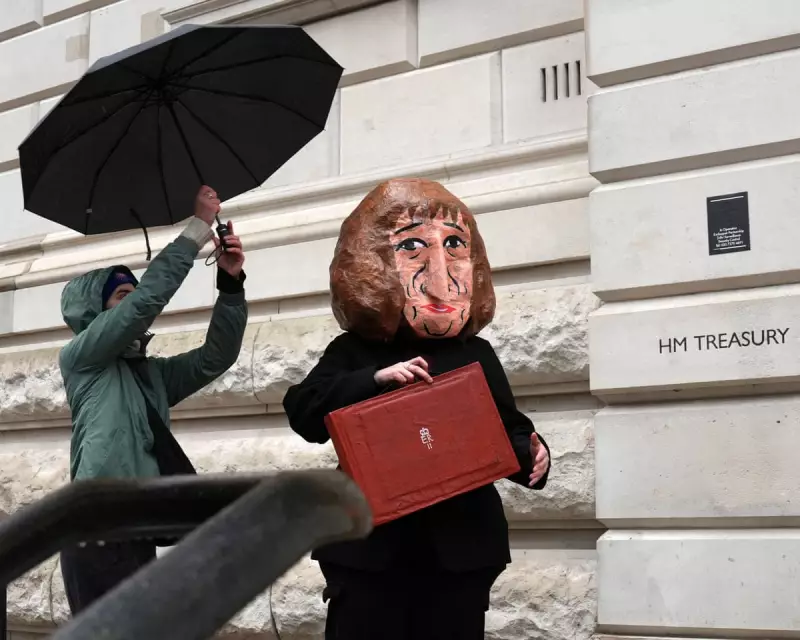
The Unaddressed Crisis: Brexit's Economic Toll
As Chancellor Rachel Reeves prepares to deliver her crucial autumn budget, Britain's economic house remains fundamentally damaged by a Brexit-shaped hole in its roof. The Treasury faces the impossible task of funding crumbling public services while ignoring the primary source of the nation's financial drainage.
Public Services at Breaking Point
Across Britain, essential services are screaming for additional funding. The prison system operates in what the prisons minister describes as an "archaic" state, with overcrowded facilities and paper records leading to multiple mistaken inmate releases weekly. The NHS, armed forces, and other critical services tell the same story of insufficient resources.
Despite Reeves' efforts to find billions through various measures, none address the core issue: Britain has become poorer than it should be, poorer than it was, and significantly poorer than comparable nations. Real wages have stagnated for nearly two decades, with the UK experiencing the worst productivity growth in the G7 during this period.
The Brexit Drain on Britain's Prosperity
Recent analysis by economists John Springford and Andrew Sissons reveals the stark reality. The UK's economic model, historically founded on openness to trade, ideas and people, has been systematically undermined since Brexit. The departure from the single market has cost the economy more than one percentage point of GDP annually through reduced goods exports alone.
Even the once-dominant services sector has struggled, frequently lagging behind Germany, France, Spain and Italy throughout the Brexit era. The City of London, previously Britain's economic engine, has lost its easy access to EU clients, with Frankfurt, Dublin, Amsterdam and other European capitals gaining what London has lost. Incredibly, London now ranks as Britain's worst-performing region for productivity growth.
The Path Not Taken
While Reeves has acknowledged Brexit as contributing to her fiscal challenges and promised to rebuild EU relations, concrete action remains minimal. The much-publicised EU trade deal is projected to yield just £9 billion by 2040 - pocket change for a multi-trillion pound economy.
Economists propose bolder solutions: rejoining the single market for goods or the customs union, which could recover up to £30 billion annually. Such moves would require minimal regulatory changes and represent a fraction of the political damage caused by tax U-turns.
The world has transformed since 2016, with Donald Trump's tariff wars threatening global trade stability. As former foreign secretary David Miliband argues, Britain needs to put "more cards on the table to build political momentum" for a genuine reset with Europe.
Yet as Wednesday's budget approaches, the government continues mopping flooded carpets while ignoring the gaping hole above. With Britain struggling as Europe's sick man outside the continent, the question remains: when will our leaders finally fix the roof they broke?




